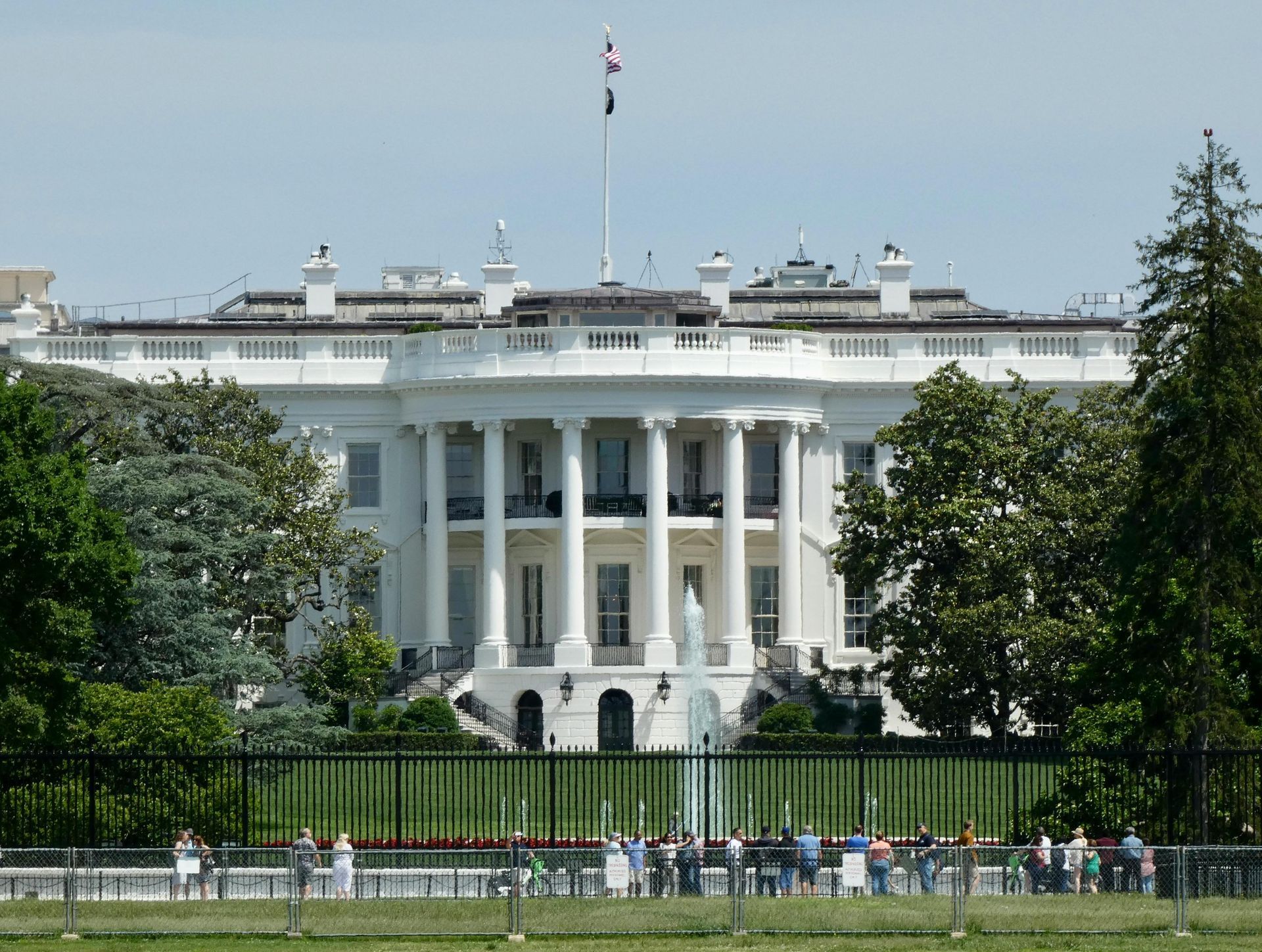Illinois Cannabis Training Center, Inc. 2021 Midwest Road Ste. 200 Oak Brook, IL 60523
Phone: Email: Social Media:
The Current State of Cannabis Rescheduling in the U.S. and Its Implications for the Industry
The Latest on Cannabis Rescheduling in the U.S

The United States cannabis industry stands at a pivotal juncture as discussions about rescheduling marijuana progress. The Biden administration recently made headlines when the Department of Health and Human Services (HHS) recommended that cannabis be moved from Schedule I to Schedule III under the Controlled Substances Act (CSA). This move, if adopted by the Drug Enforcement Administration (DEA), would mark a significant shift in federal cannabis policy, opening doors for transformative changes across the industry (National Law Review).
What Does Cannabis Rescheduling Mean?
Currently, marijuana is classified as a Schedule I drug, alongside substances like heroin, which implies it has a high potential for abuse and no accepted medical use. Moving cannabis to Schedule III acknowledges its medical applications and significantly reduces regulatory burdens. Schedule III drugs, such as anabolic steroids and ketamine, are still controlled but are subject to less stringent oversight compared to Schedule I substances (DEA Controlled SubstancesOverview).
This shift would:
- Remove some tax barriers by making cannabis businesses eligible for standard deductions under IRS Code 280E (National Law Review).
- Facilitate expanded research into cannabis's medical benefits and risks (National Law Review).
- Align federal policy more closely with the growing number of states that have legalized medical and/or recreational cannabis (Regulatory Oversight).
Impact on Cannabis Businesses
For cannabis entrepreneurs, including social equity businesses like the Illinois Cannabis Training Center, rescheduling could catalyze growth and lower operational costs. By easing tax restrictions and enabling banking access, cannabis businesses could see improved profitability and reduced financial hurdles.
Additionally, rescheduling could encourage more states to legalize cannabis, driving demand for trained professionals, from budtenders to dispensary managers. If you're interested in entering the industry, now is an opportune time to prepare with targeted education, like our Accelerated Dispensary Bootcamp or Dispensary Management Training.
Opportunities for Social Equity
Social equity remains a cornerstone of cannabis policy in states like Illinois, where efforts focus on creating opportunities for communities disproportionately impacted by the War on Drugs. Rescheduling could amplify these efforts by lowering entry barriers for small businesses and providing clearer federal guidance on licensing and regulation.
At the Illinois Cannabis Training Center, we are committed to empowering social equity applicants by offering comprehensive training to succeed in roles such as dispensary managers or budtenders. Explore our courses and certificatesto position yourself as a leader in this evolving industry.
Current Status of Cannabis Rescheduling
On December 2, 2024, the Drug Enforcement Administration (DEA) commenced formal proceedings to consider rescheduling cannabis from a Schedule I to a Schedule III substance under the Controlled Substances Act. This preliminary hearing, held at DEA Headquarters in Arlington, Virginia, was procedural, focusing on legal and logistical matters, with no witness testimony presented at that time (Drug Enforcement Administration).
Chief Administrative Law Judge John Mulrooney II presided over the session, emphasizing the need to streamline the process and address concerns about potential biases in the selection of participants. Notably, some pro-rescheduling parties raised allegations regarding the DEA's interactions with anti-legalization groups, which the judge dismissed as unsubstantiated (Green Market Report).
The evidentiary hearings, where expert testimony will be heard, are scheduled to begin in mid-January 2025. Each designated participant will have 90 minutes to present their case, with opposing parties allowed 20 minutes for cross-examination. Given the number of participants and the complexity of the issues, these proceedings are expected to extend over several days (MJBizDaily).
The rescheduling of cannabis to Schedule III would acknowledge its medical applications and reduce regulatory burdens. However, the timeline for a final decision remains uncertain, as the DEA must review all evidence and testimony before issuing a ruling. Stakeholders are advised to stay informed and engaged as developments unfold.
The Road Ahead
The rescheduling process involves several regulatory steps and public comment periods before the DEA can implement the change. While optimism is high, the timeline remains uncertain. Stakeholders should stay informed and engaged as developments unfold (Regulatory Oversight).
To stay ahead, aspiring cannabis professionals and entrepreneurs should:
- Monitor updates from the DEA and industry watchdogs.
- Invest in education and training to capitalize on future opportunities.
- Leverage resources for hands-on learning in cannabis operations.
As the landscape evolves, the Illinois Cannabis Training Center is here to help you navigate these changes. Whether you aim to enter the cannabis workforce or grow your business, now is the time to prepare for the industry’s exciting future.
For more details on the rescheduling initiative, explore this National Law Review article and keep updated with DEA's announcements on their official website.



Illinois Cannabis Training Center | All Rights Reserved









